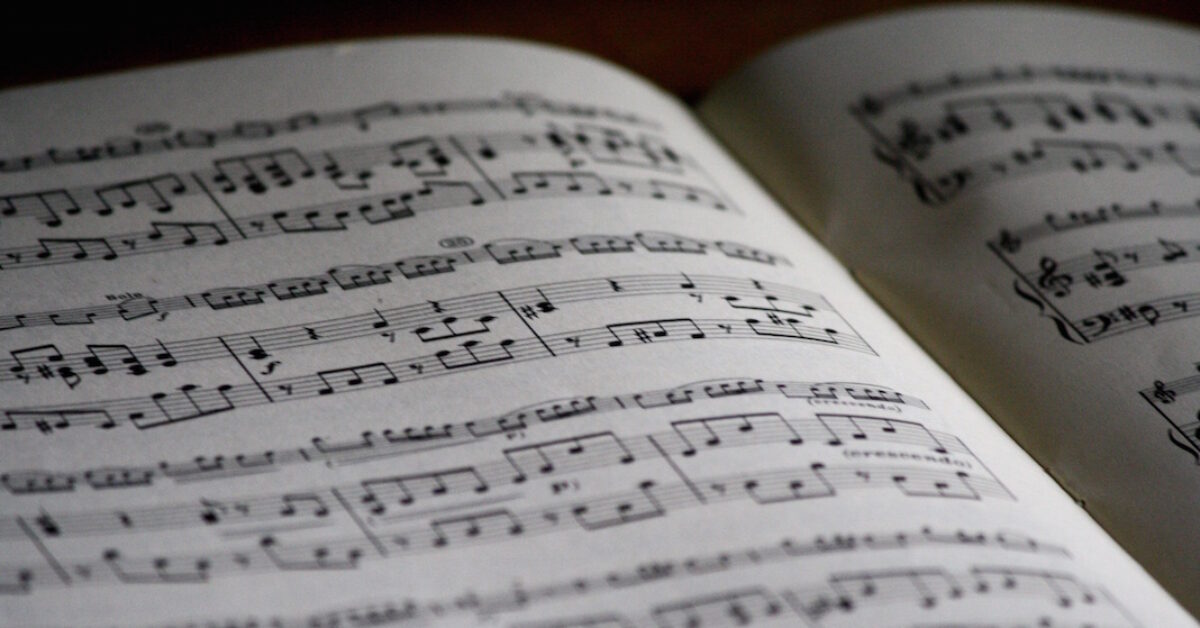Whether you consider yourself a classical music fan or not, there are some pieces that just flat-out need to be listened to. Here are a few morceaux classiques from la belle France that are somehow eternally new no matter how many times you listen to them, no matter how old they actually are. I’ve picked them without regard for their significance, fame or even type of piece — just simply for being merveilleux.
L’Enfant et les Sortilèges (composed 1917-1925)
Maurice Ravel wrote this short, seriocomic opera to a libretto by Colette, and it’s everything. It tells the story, in many short musical chapters, of a little boy whose room and everything in it comes alive. Magical and melodious, it’s highly powerful and even addictive — I don’t think I ever listened to anything so many times in my childhood. (The recording I had is this one with the Orchestre National de France, conducted by Lorin Maazel.)
Gloria (composed 1959-1960)
This is a setting of the Gloria text from Christian mass, brought to astounding musical life by the composer Francis Poulenc. In contrast to the religious weight of the words, the music sometimes sounds informal, almost jaunty. But underneath the surface, you can clearly hear deep feeling and devotion. (My go-to recording: this one from the City of London Sinfonia, conducted by Richard Hickox.)
Suite bergamasque (composed 1890-1905)
Claude Debussy’s four-movement suite is the one on this list that you’ve most likely heard! It consists of four wonderfully tuneful, short pieces, with my personal favorite being Passepied and the most well-known being the passionate Clair de Lune. Here is Walter Gieseking playing the suite:
Ravel’s Piano Concerto in G major (composed 1929-1931)
Okay, so I put Ravel on this list twice; so sue me. This concerto takes you on a wild ride of emotions, ranging from overjoyed to reflective and sad — the wistful second movement, especially, is a masterpiece. I recommend this recording from pianist Martha Argerich.
Manon (premiered 1884)
Based on the Abbé Prévost’s 1731 novel Manon Lescaut, this opera by Jules Massenet is one of the most popular and frequently performed operas today. It tells a tragic story of doomed love (pretty standard fare for opera), but what is extraordinary are the songs. Perhaps the most famous of its arias is “Adieu, notre petite table.” I suspect this is the only instance in the operatic repertoire of a soprano singing a love song to furniture.
https://www.youtube.com/watch?v=KmORAWiXeZ0






